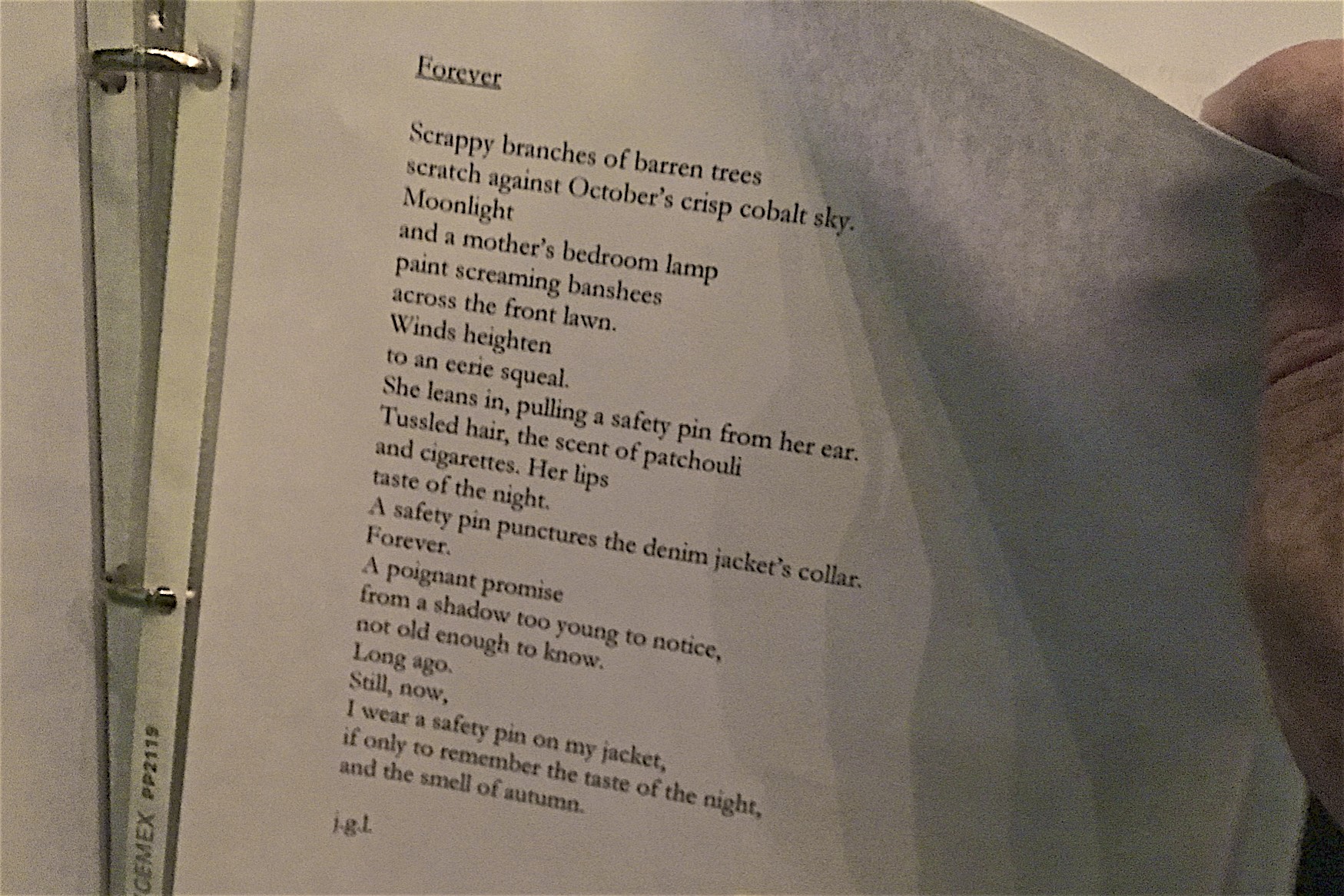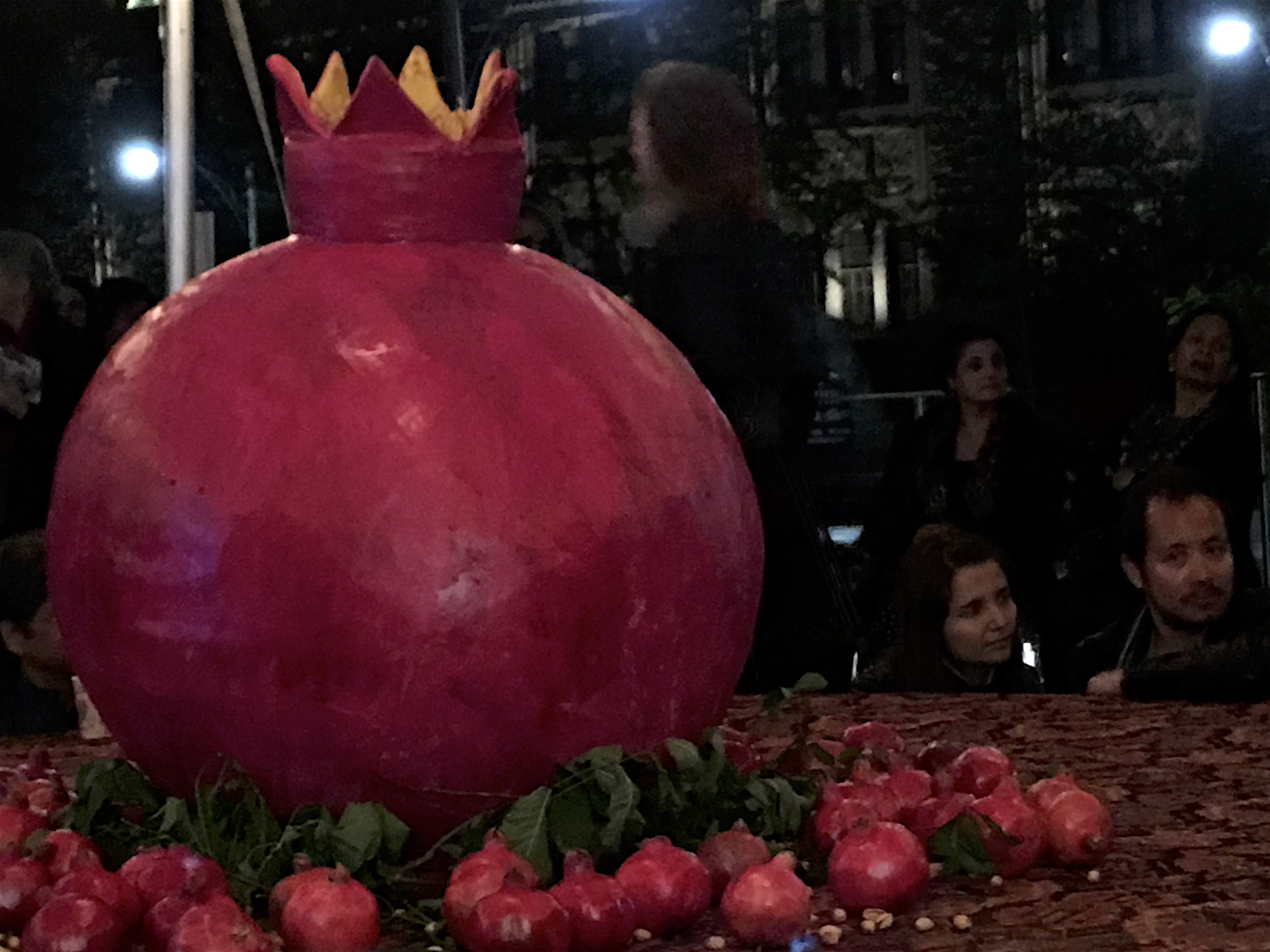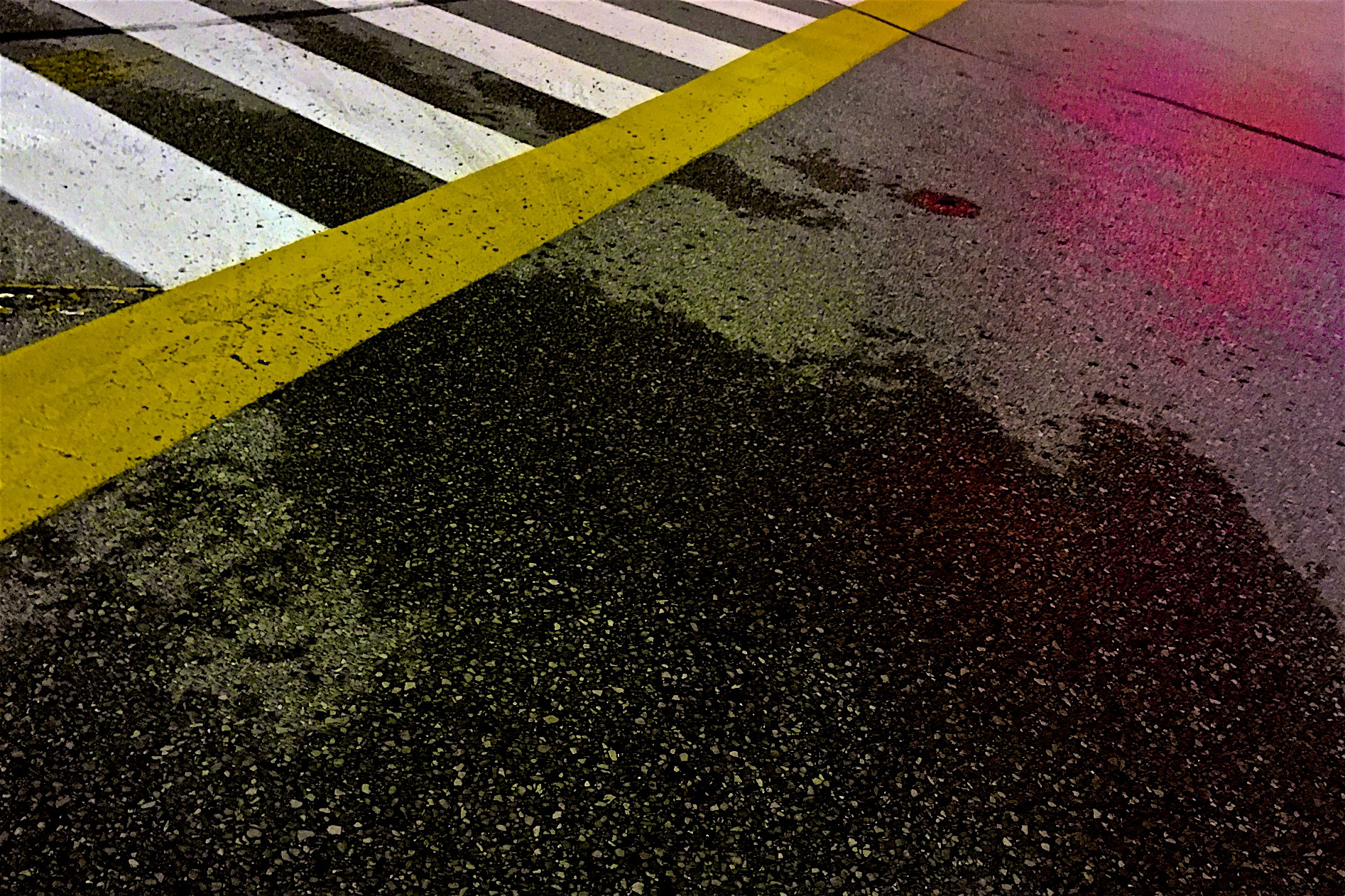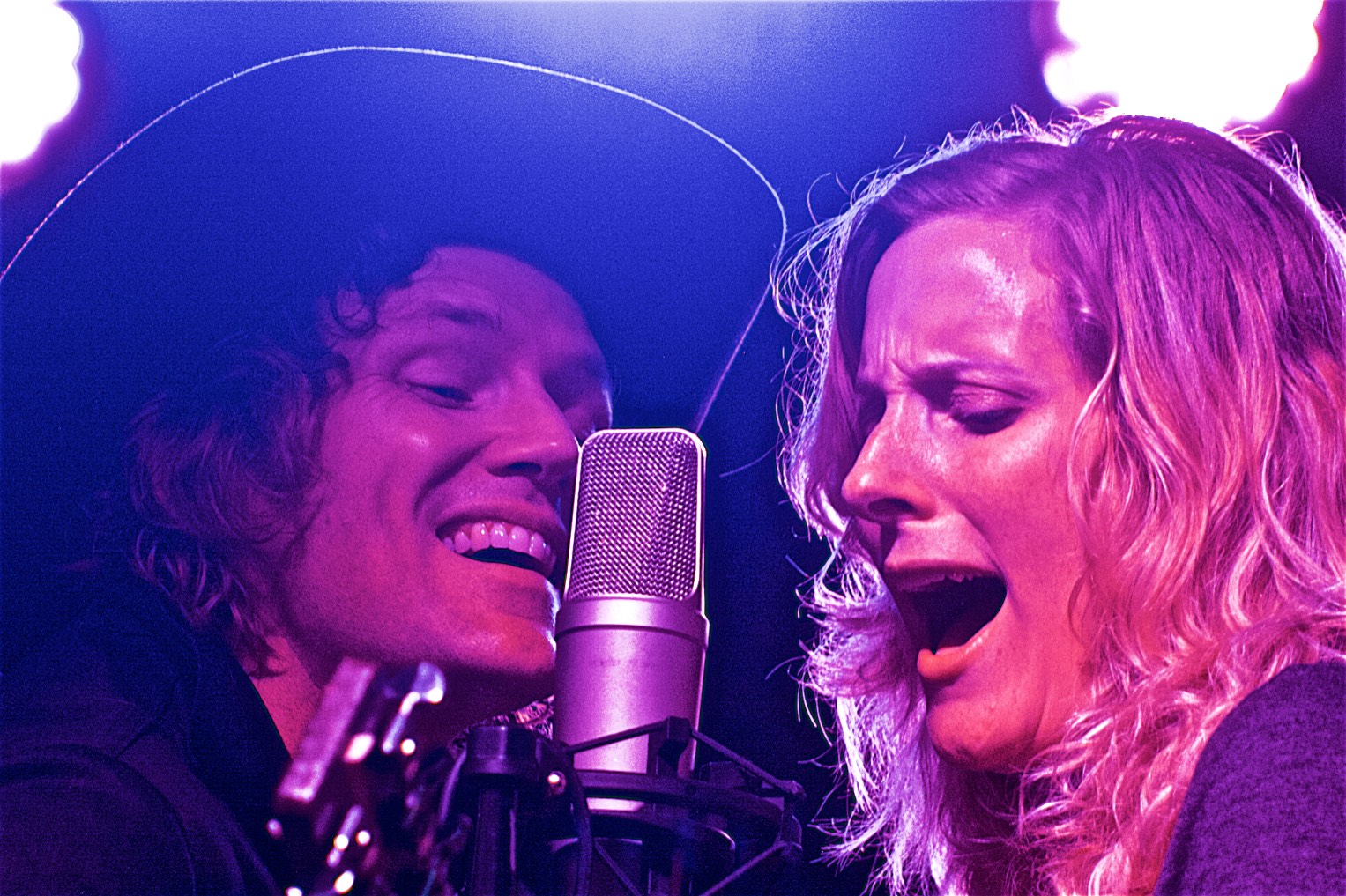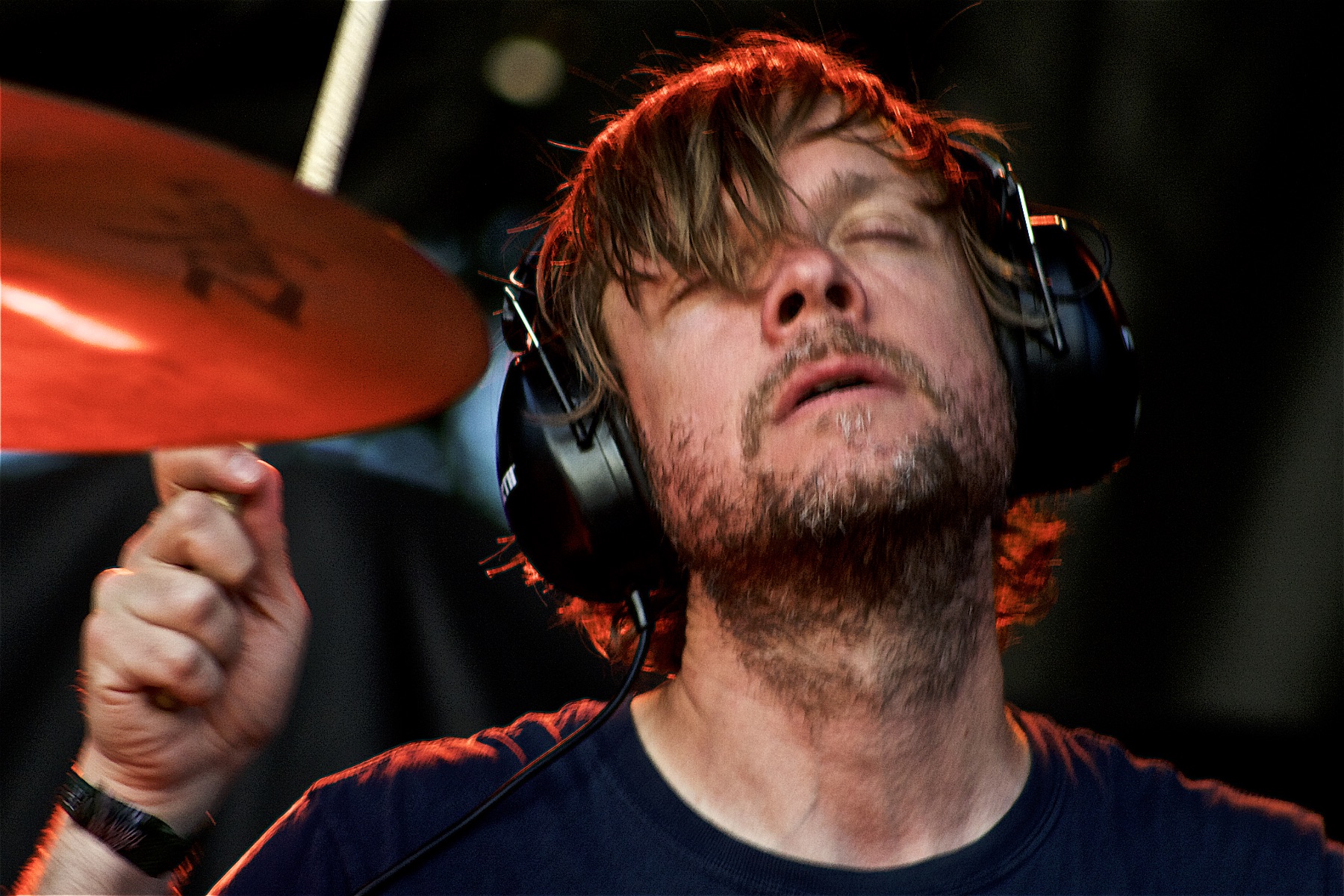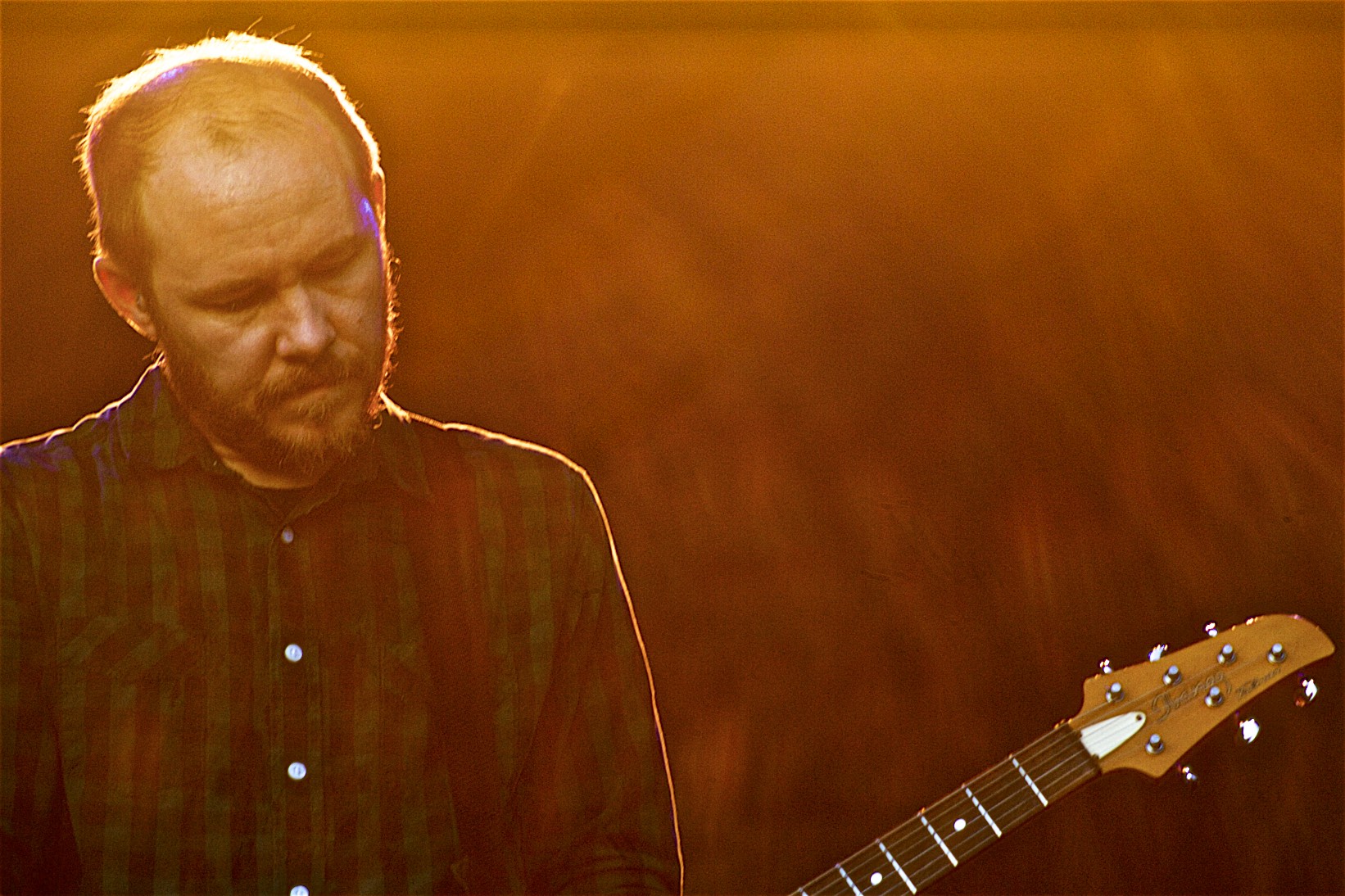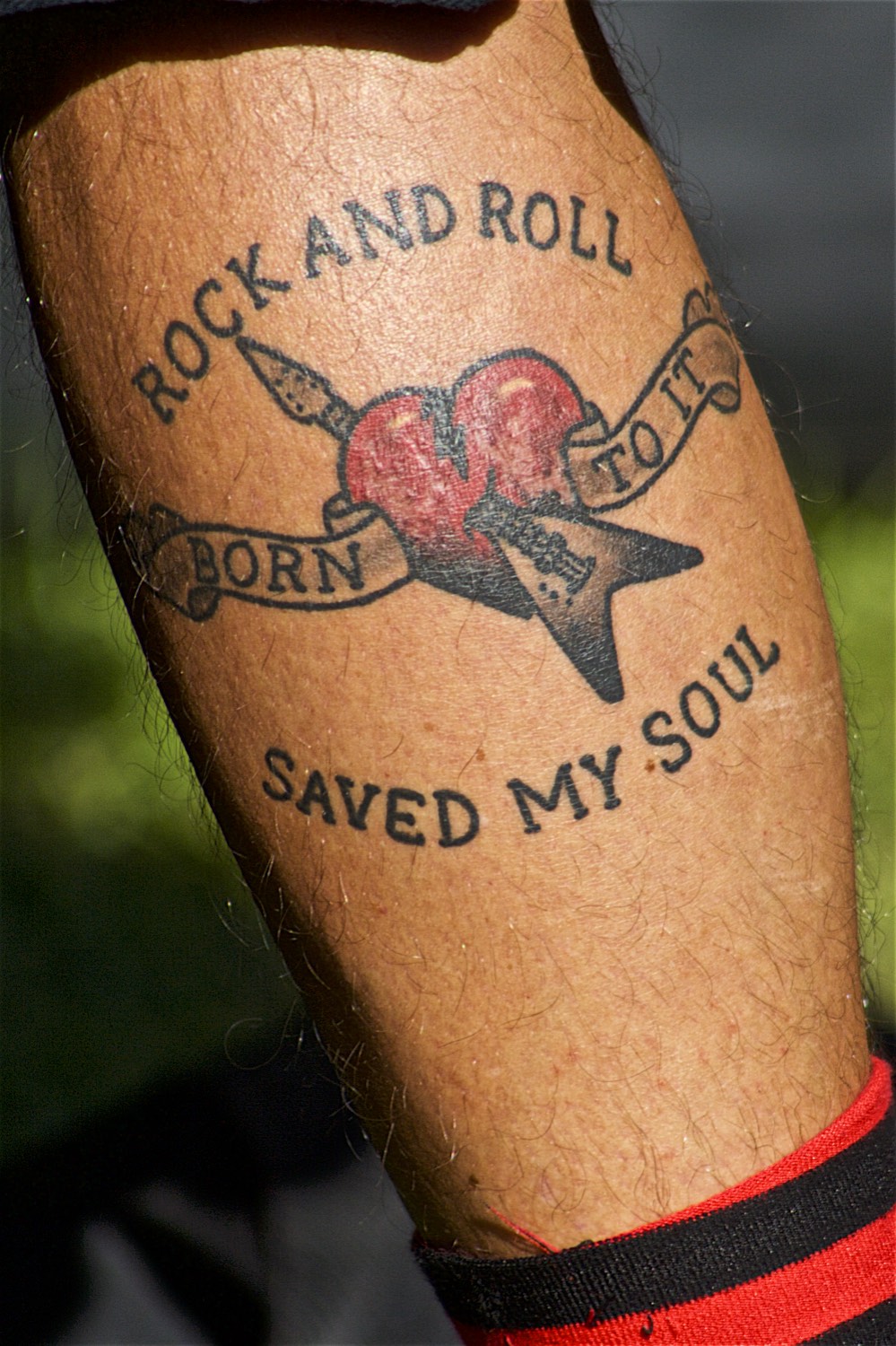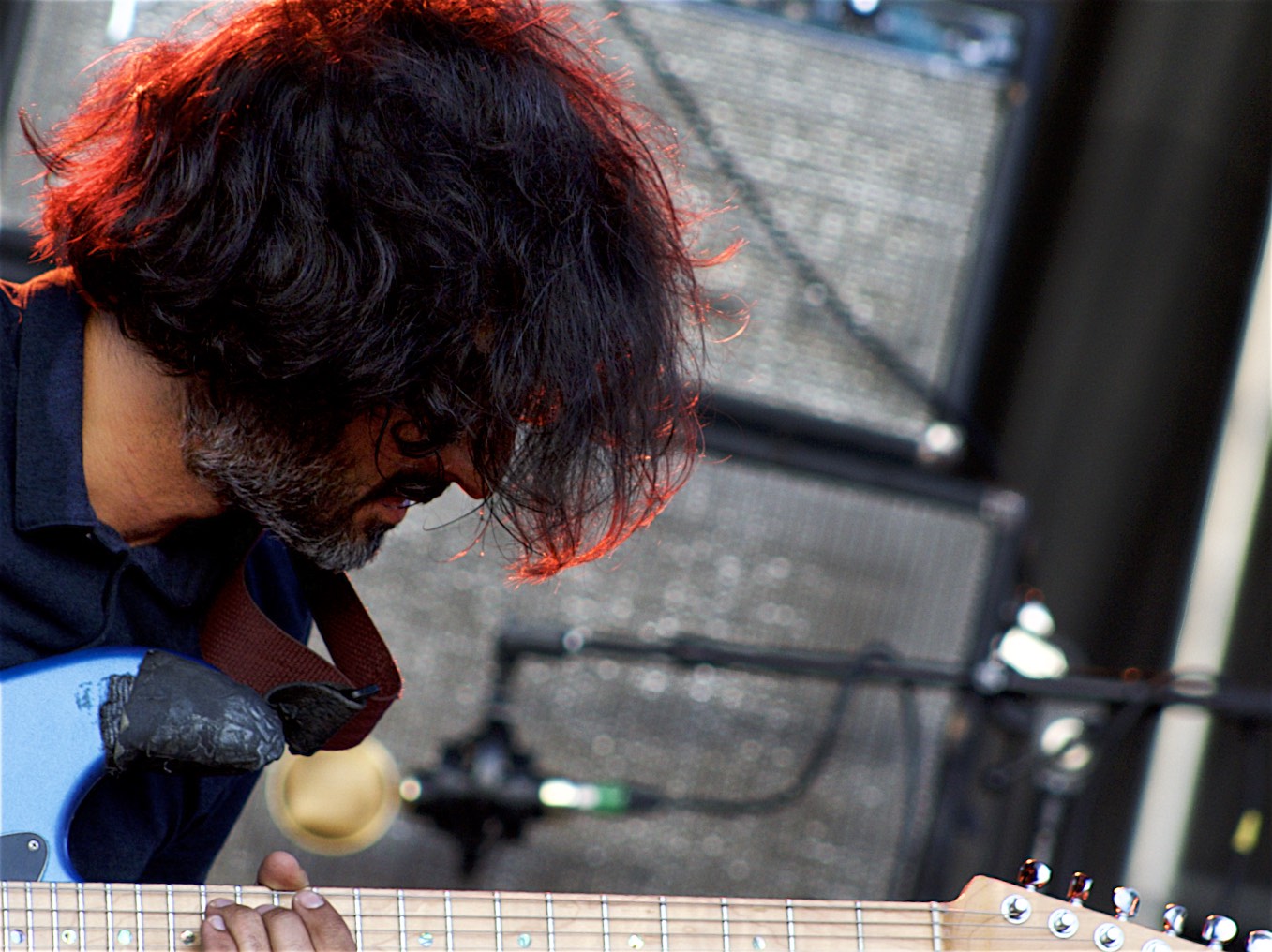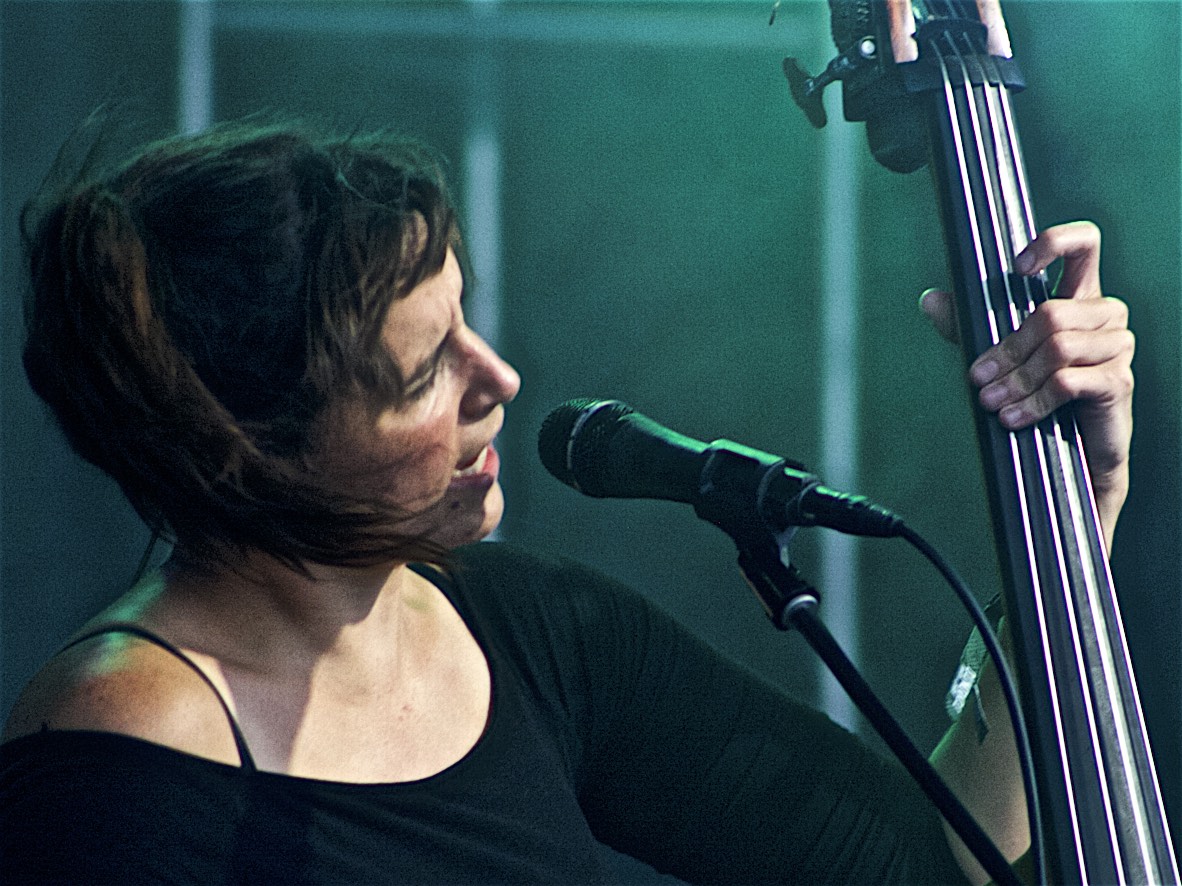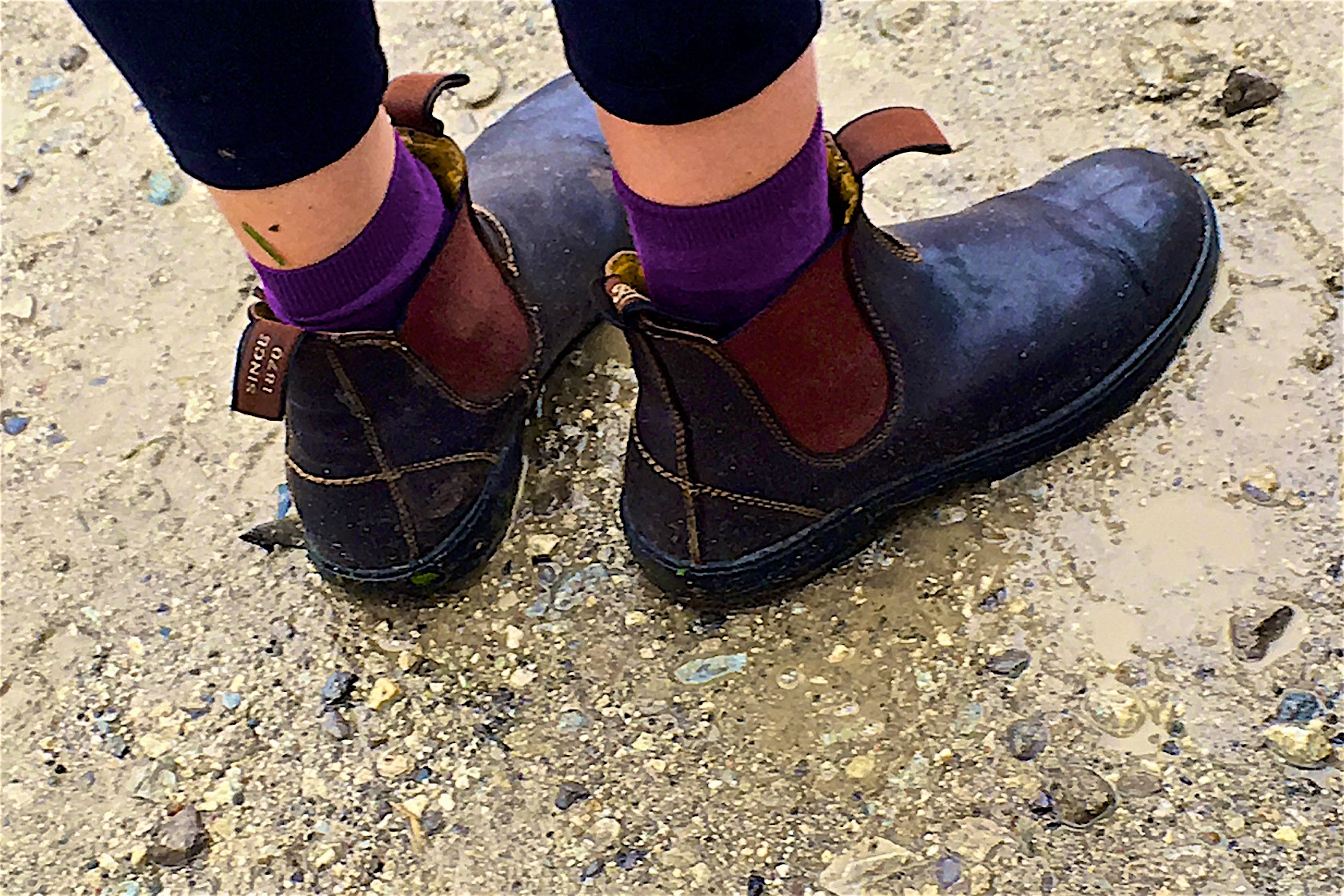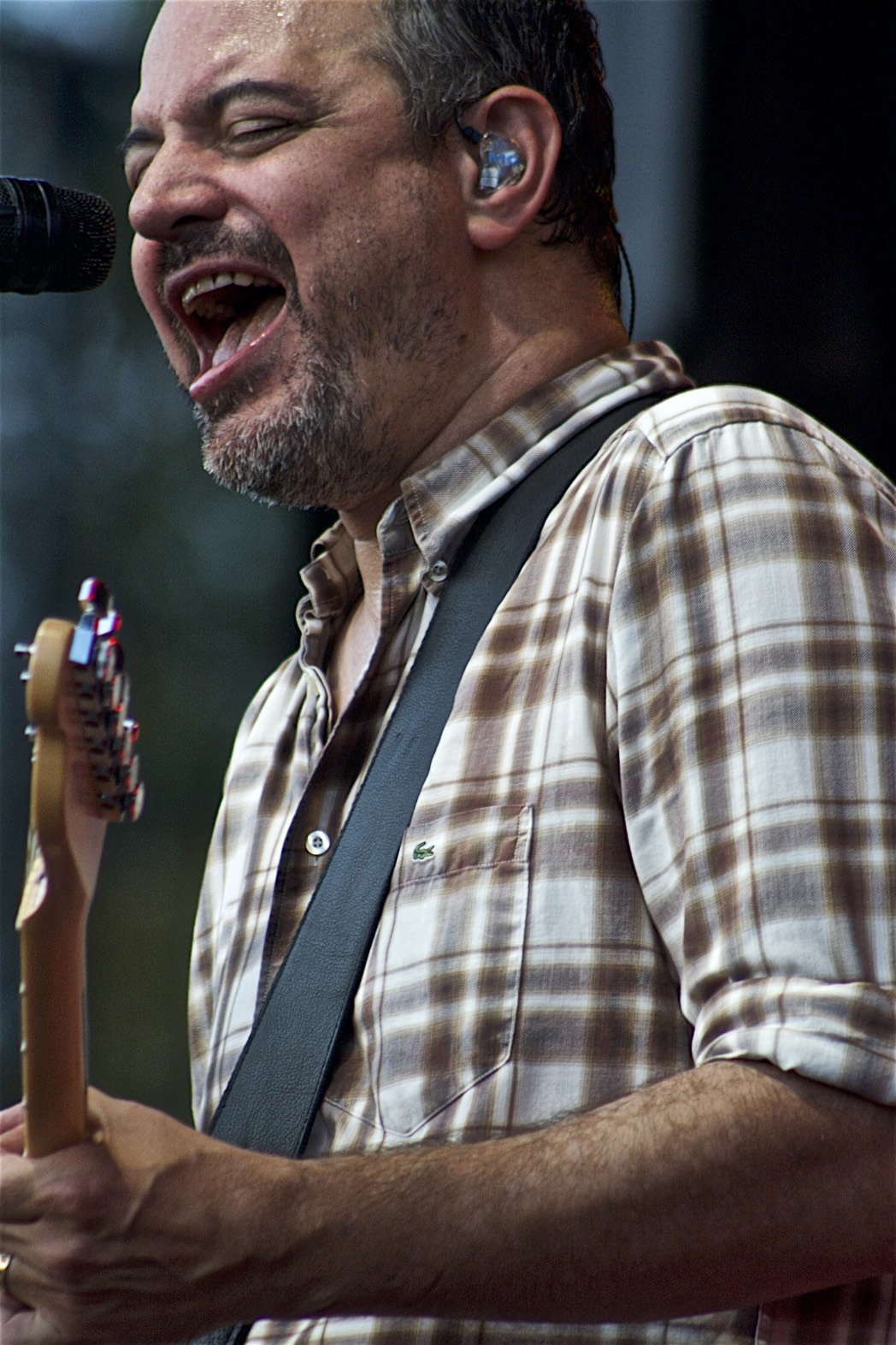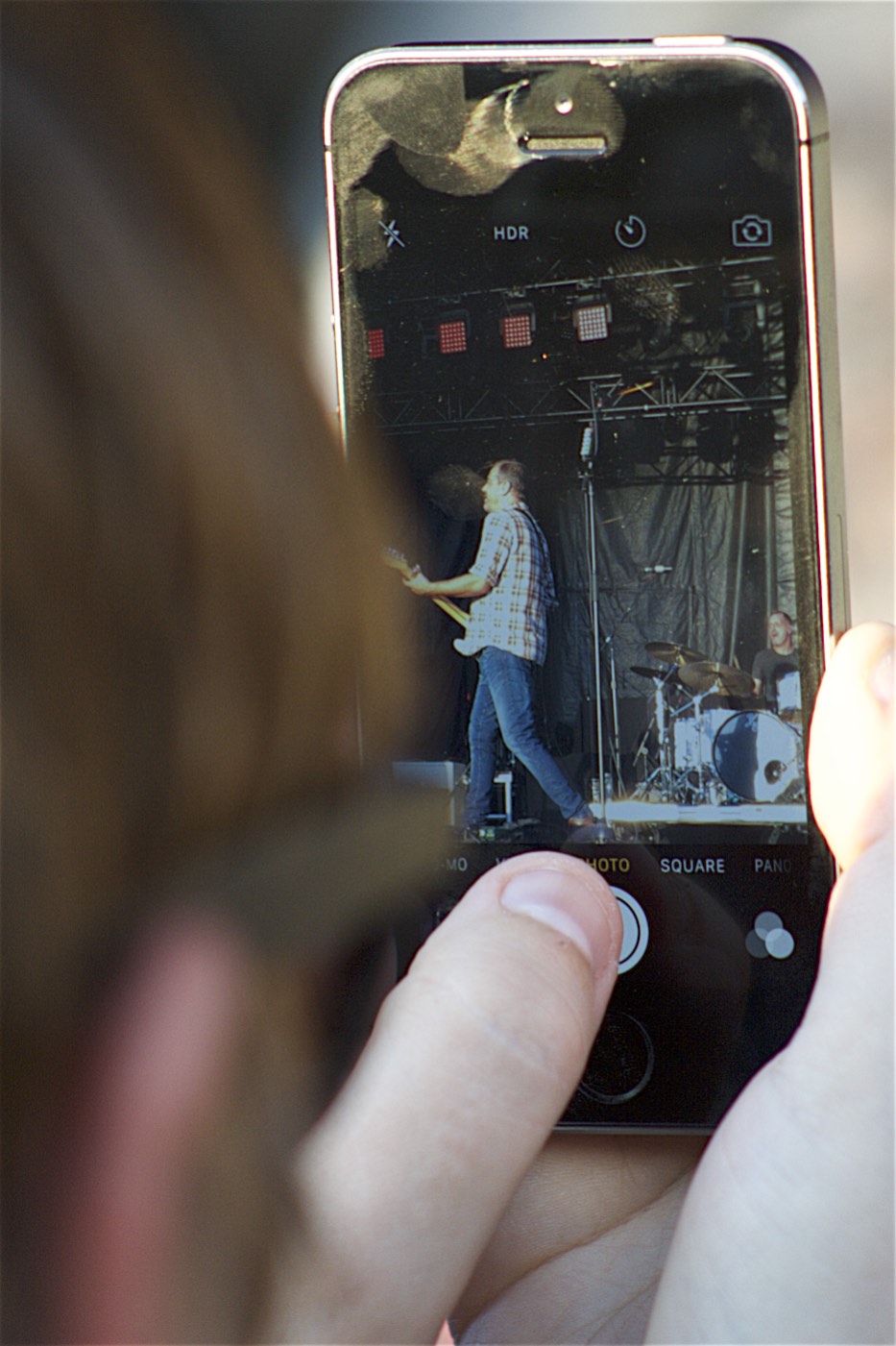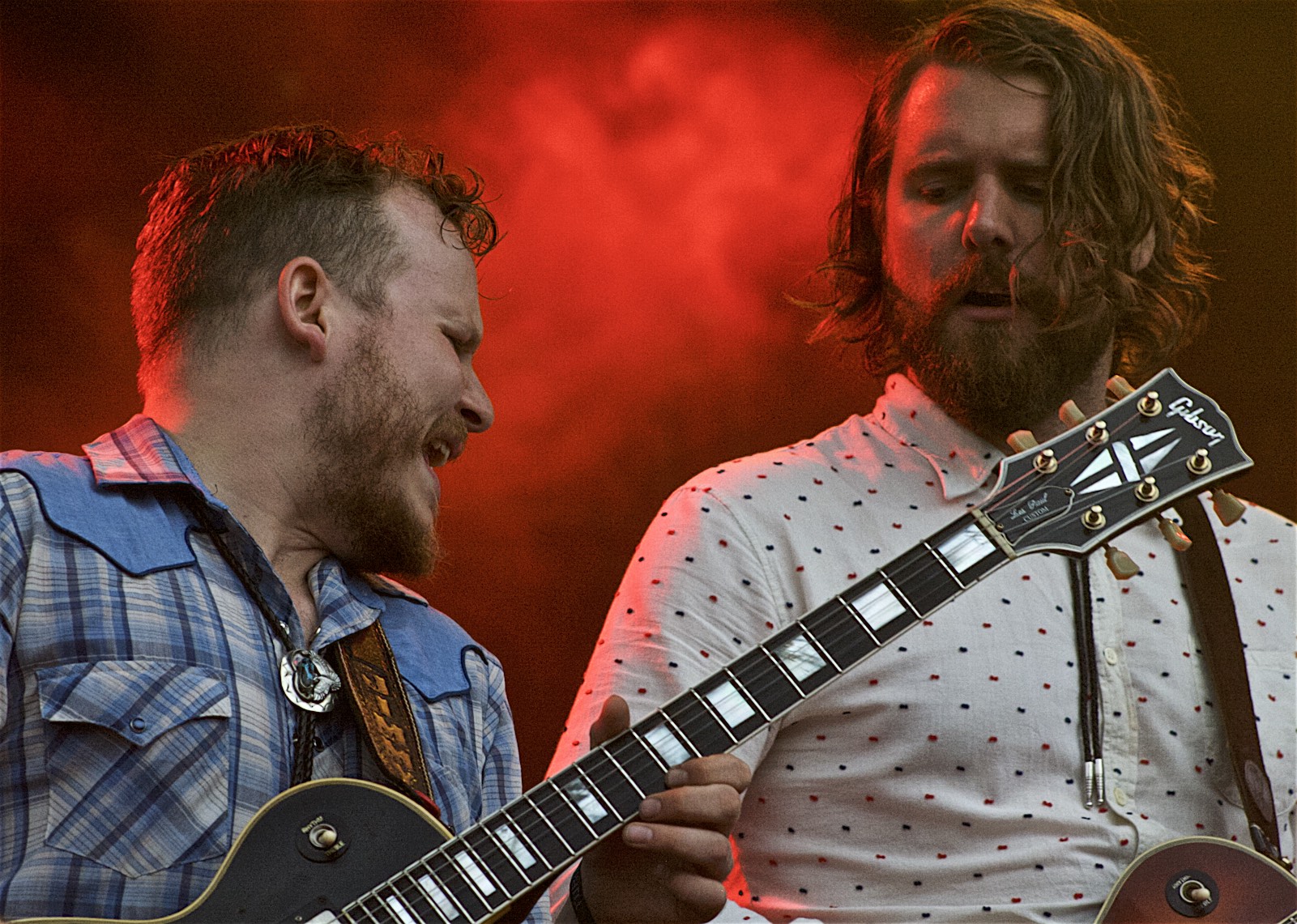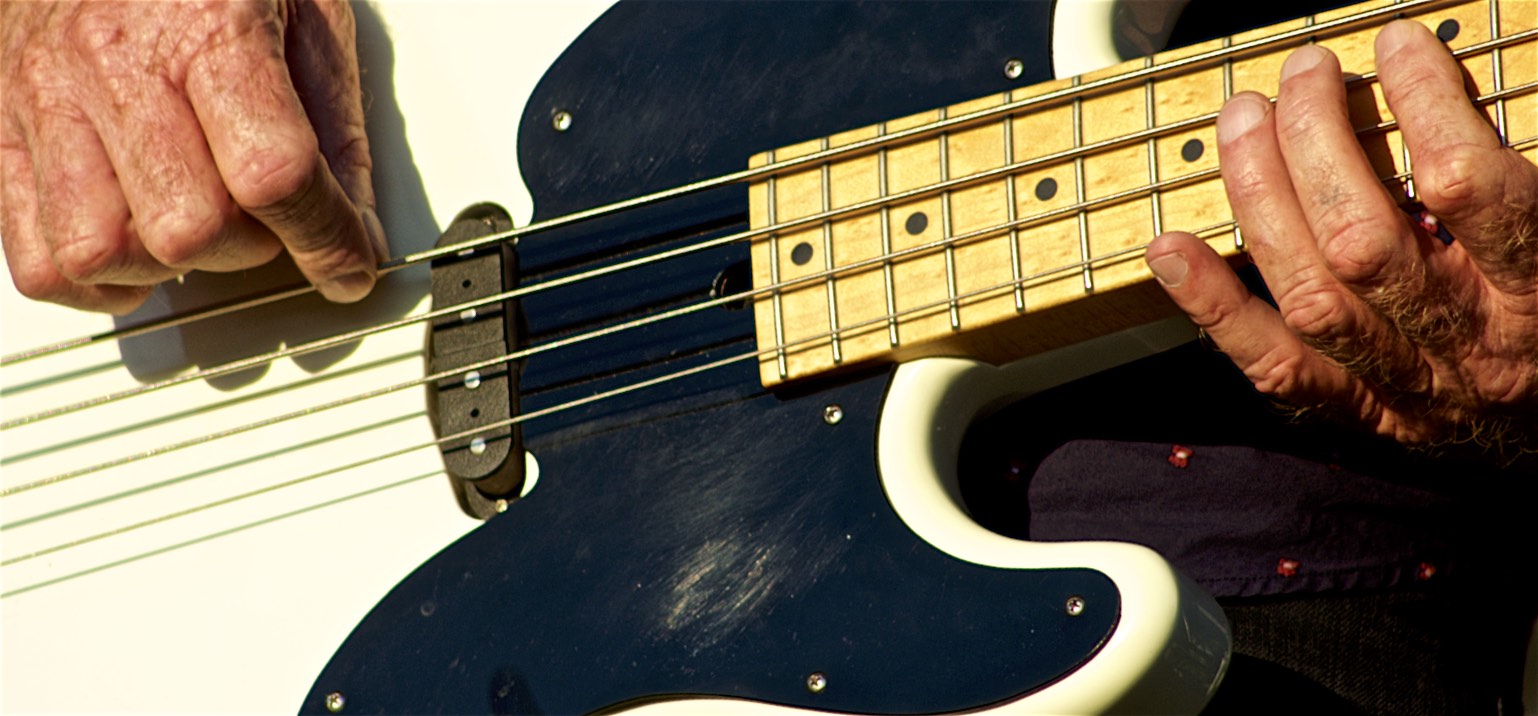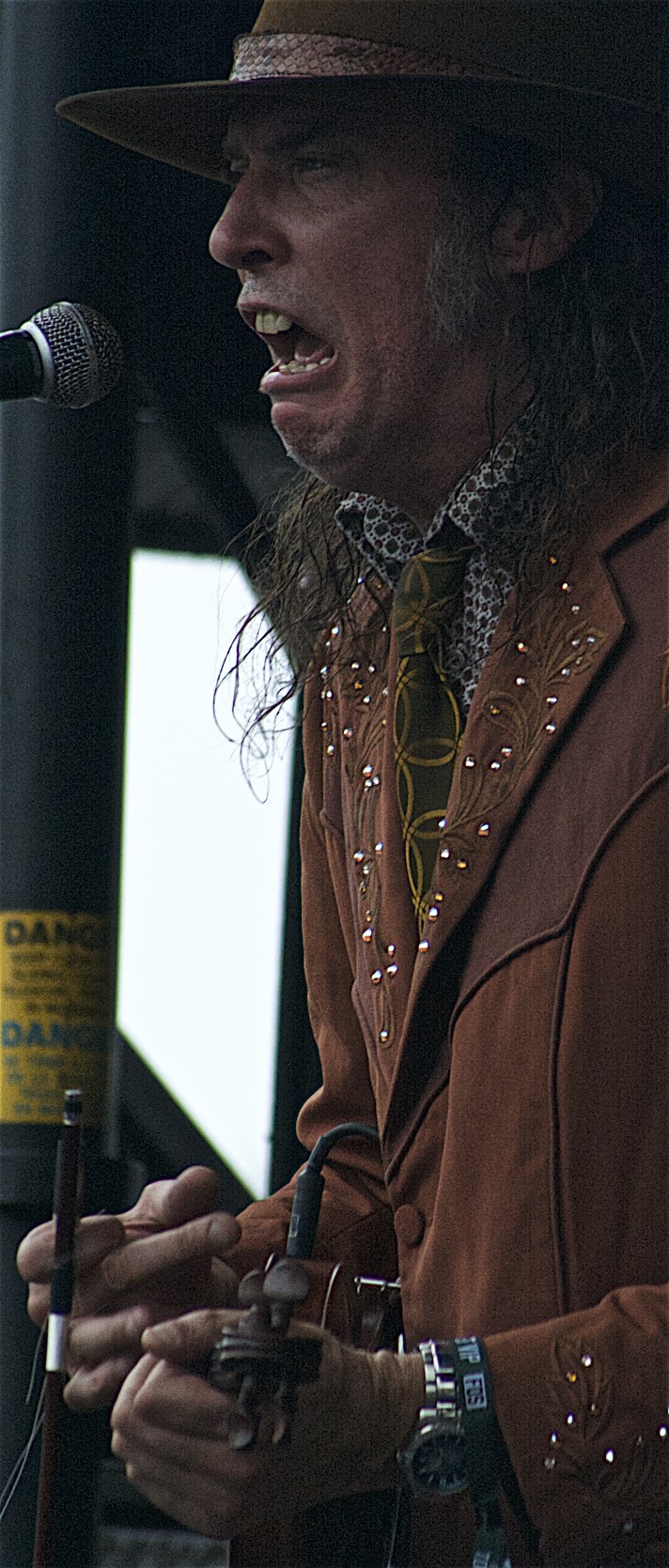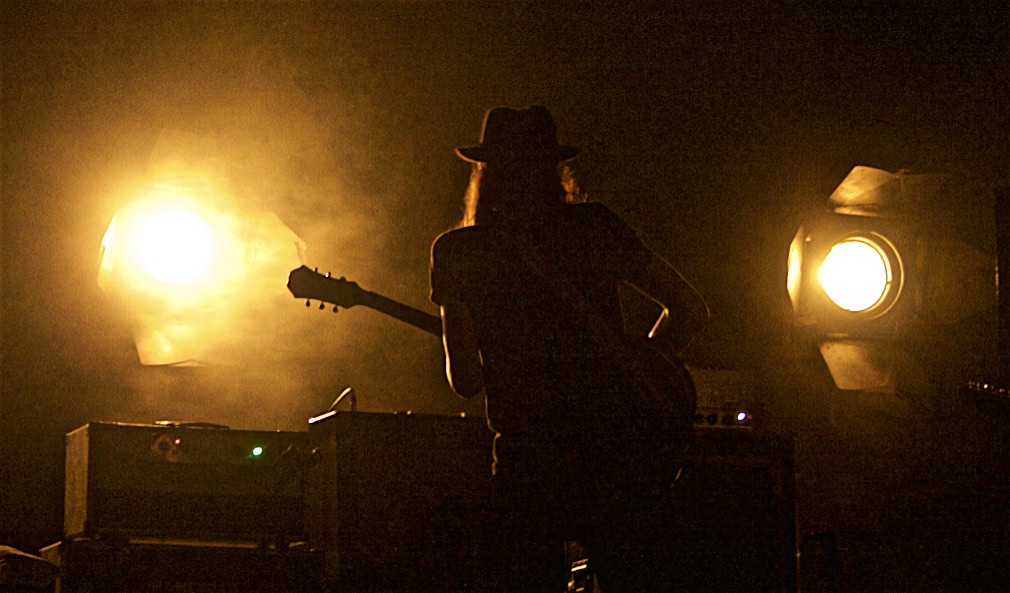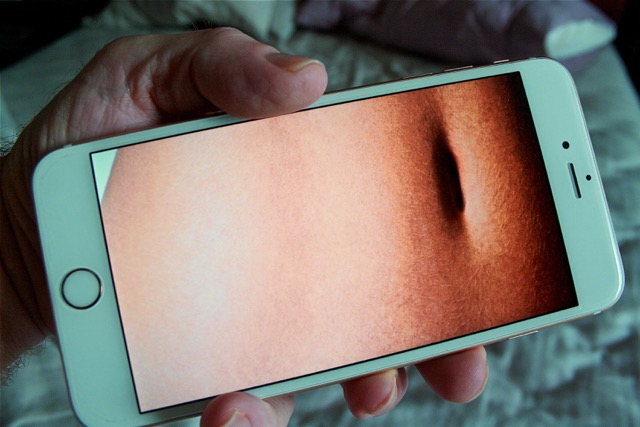
What more can a phone do?
Every year consumers, and the industry, wait for Apple to provide an answer to the burning question and tell us exactly how far it has pushed the boundaries of wireless communication.
Last week, as it has done each September, the company released its latest products, including the iPhone 7. And the announcement was met, initially, with lukewarm response. News reports that night almost ho-hummed the whole affair, speculating a certain drop in stock prices the next day, as if the company had nothing new to offer.
It didn’t seem to matter that a new camera system was added to the now-dual camera device, or that screen size was increased slightly and the power and capacity nearly doubled. New colors were added to the sleeker aesthetic, and an improved operating system is to be included. Headphones will go wireless.
But it didn’t seem to matter to the media, as if it was boring, as if they were planning on it. Like they were expecting more.
Again, what more can a phone do, and more importantly, what should a phone do?
Right now an iPhone, or most cellular devices for that matter, can do more than what could be predicated in the comic strips and cartoons of yesteryear. George Jetson or Dick Tracy would certainly be impressed. Mobile devices can transfer data, text, images, and voice, with greater speed and more efficiently than our desktop computers from a decade ago. The new iPhone 7 will do more.
But, apparently, that wasn’t new enough, according to the media.
We all want something new.
New is, many times, the prime reason for packaging and promoting any consumer product, whether food, fashion or footwear. Or even consumer electronics. The automobile industry may well have been the original merchants of ‘new’ as it began the custom of releasing annual models of the same car.
The same could also be said of vacuum cleaners, televisions, or even the “new and improved” baked beans or tinned soup that have been pictured in media advertisements for years.
If you can’t boast of anything else, you can always talk up the new. Fashion trends, and styles, in any season, are always caught up in the much hyped new.
We are sold new. We welcome new. We expect new; so much so that we quickly tire of the old. We now replace the old, with new, almost on whim. It is society’s way.
We eat at the newest restaurant, because it is new, and for no other reason. We guzzle the new beer. We may even ditch an old favorite because we are told the new is better, or different (there’s a combustive combination: new and different).
At one time — it wasn’t that long ago — even in my lifetime, there was this thing about quality. Things were built to last. As long as it lasted, you didn’t need new. And things lasted longer. They were built that way.
Technology has changed that. We all know there has been greater technological advancement over the past 10 years than there has been in the balance of our lives (and it doesn’t matter if you are 20 or 60, for that change has been that fast, and that remarkable).
In the process of all that change, there has been an incredible amount of stuff that has been produced which becomes obsolete quicker than ever. Think Junk 1.0, then Junk 1.10, or Junk 2.0, and so on. The new stuff becomes the same old junk. Perhaps brighter colors, or faster features, but after it has served its short space, it is all headed to the landfill.
We always seem to want new; a new job perhaps, or we get tired or grow indifferent to a partner or lover. We want something new. That new always seems to be waiting in the wings, but after a while doesn’t it always become the same old, same old?
Some of us don’t want new, not always, or not as often as it is available.
I’m still pleased with my iPhone 6; it’s a Plus (that was new; a larger version). It took me a while to fully change over, or become accustomed to the changes from an iPhone 5, but it was welcome. Just as I’m sure the 7 will be appreciated, but I’m also sure I’m going to wait for the 8 (my contract says I have to).
The iPhone 8 will be released next year, on the 10th anniversary of the original iPhone (then so new it didn’t even need a number). By then, I’ll be ready for something new.
